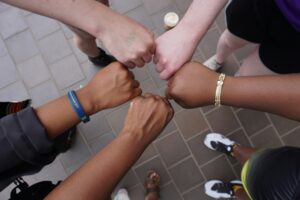The Missionary Kid (“MK”)is a subset of the larger grouping of the Third Culture Kids (“TCK”). Research has indicated that the most prevalent challenges for TCKs are “dealing with grief and questions of identity” (Pollock et al., 2017, p.80). Identity allows individuals to form a self-concept, and a sense of belonging. Unlike Third Culture Adults (TCAs), MKs and other TCKs experience cultural transitions before completing the critical developmental tasks of forming a personal, cultural, or national identity (Pollock et al., 2017, p. 54).Adolescence, the period of transition to adulthood, is one of the most important stages in identity development, making the experience of MKs particularly complex.
The traditional and most recently updated definition for a TCK is defined by Pollock et al. (2017) as a person who spends “a significant part of his or her first eighteen years of life accompanying parent(s) into a country or countries that are different from at least one parent’s passport country(ies) due to a parent’s choice of work or advanced training” (p. 27). The MK falls under the category of this traditional TCK definition. Because MKs are raised in a foreign culture from that of their parents’ home culture, they are “products of two culture streams” and therefore “have a sense of belonging to two separate cultures, without claiming full ownership of either” (Huff, 2001, p. 246).
There is a visible and invisible layer within culture. The surface or visible layer of culture is “how and where we express the unseen values, beliefs, worldview, and even nuance of language…stored in the deeper layers of culture” (Bushong, 2013, p. 87). MKs, in their host countries, are seen as “them” by most in their community based on the way they look (the visible layer of culture), but when they return to their home country, they are considered an “us”. Internally, MKs often feel like a “them” in a culture where they appear as an “us”. This is because they have internalized worldviews and values from their host country which reside in the invisible layer of culture. The sense of belonging that cultural identity brings includes the learning of expected social behavior. This ability to naturally behave as expected in a culture is referred to as “cultural balance” (Bushong, 2013, p. 83). Cultural balance has to do with the unconscious ability to live and act in daily life without needing to stop and think about one’s actions. This creates a sense of belonging and assurance. But, as the MK is “testing the cultural rules, they are often moving to another country where all the rules and customs around them instantly change” (p. 84). Pollock et al. (2017) explains that the challenge for MKs is that, like others, they “learn culture …by ‘catching it’ from their environment” (p. 63), but theirs is an environment of constant change. Identity is partially formed by the messages received from the surrounding culture, but for the MK, there is often “no clear mirror that reflects who they are both outside and inside” (Bushong, 2013, p. 83). Identity formation for the TCK entails seeing oneself as both an insider and outsider at the same time.
Researchers are now “examining identity changes in depth” by using “a narrative approach” (p. 373). Ergün (2020), explains that identity can be “defined as one’s answer to the question of, ‘Who Am I?’ based on one’s accumulated life stories” (p. 456). By recounting past experiences, and creating stories to share and to formulate for oneself, a narrative identity develops. The life story model created by Dan McAdams, shows how “people turn the past, present, and future into a coherent narrative identity to create a sense of unity and purpose” (p. 463). Narrative identity is a way the TCKs can explore and define their identities as they express the various experiences and cultures that have shaped them- allowing for a coherent sense of self. There is transformational potential in sharing a story and being heard. And it is important to keep in mind that this process is not linear. So, as the TCK forms an understanding of oneself and place in the world through narrative identity, it is a process that can be understood as ongoing struggle but one that also brings about healing and understanding.
References
Bushong, Lois J. (2013). Working Through Adjustment Disorders: Who Am I, Really?
Belonging Everywhere and Nowhere: Insights into Counseling the Globally Mobile. (pp. 79-101). Mango Tree Intercultural Services.
Ergün, N. (2020). Identity Development: Narrative Identity and Intergenerational Narrative Identity. Current Approaches in Psychiatry / Psikiyatride Guncel Yaklasimlar, 12(4), 455–475. https://doi.org/10.18863/pgy.676439
Pollock, D. C., Van Reken, R. E., & Pollock, M. V. (2017). Third culture kids : growing up among worlds (Third edition.). Nicholas Brealey Publishing.

